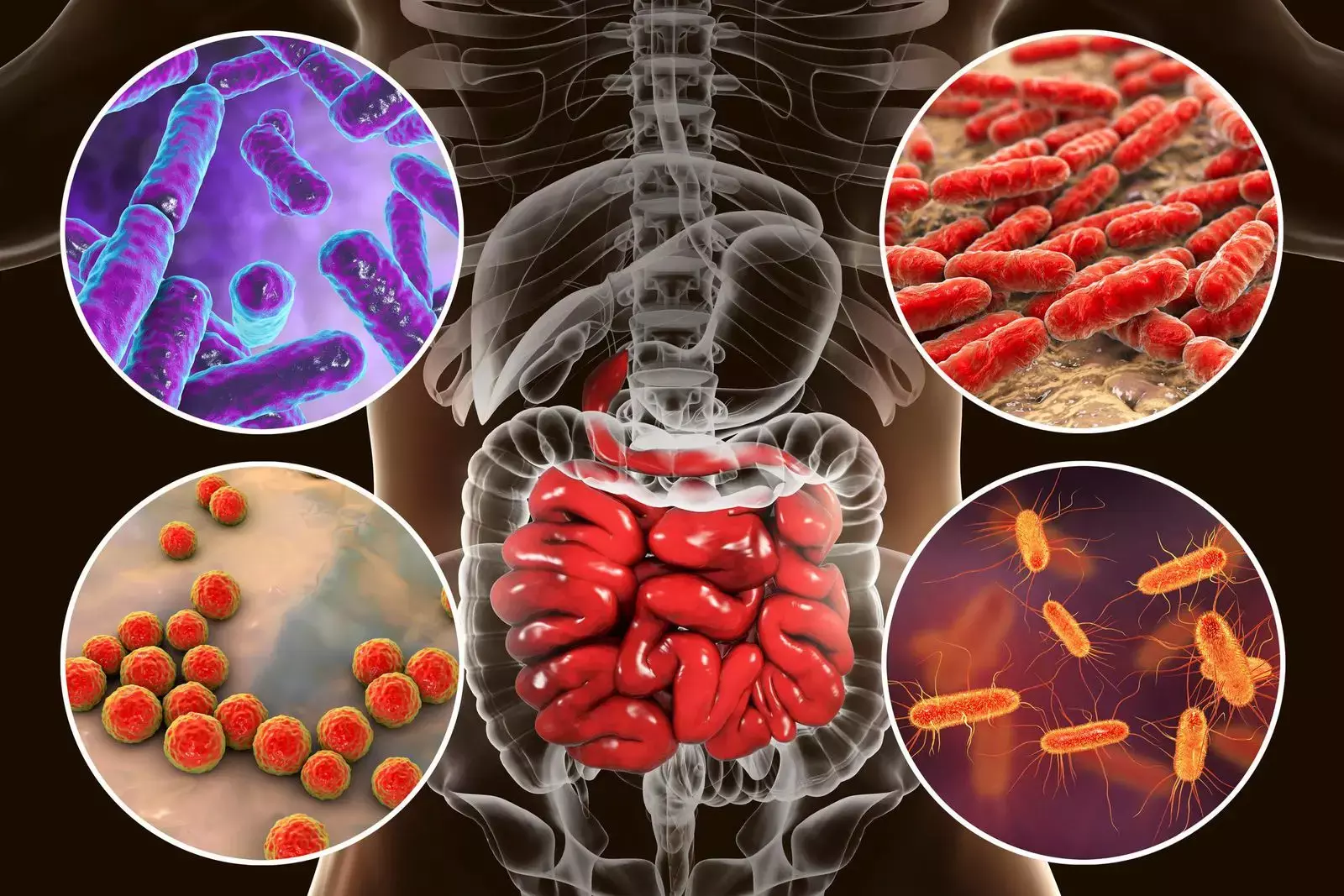- Home
- Medical news & Guidelines
- Anesthesiology
- Cardiology and CTVS
- Critical Care
- Dentistry
- Dermatology
- Diabetes and Endocrinology
- ENT
- Gastroenterology
- Medicine
- Nephrology
- Neurology
- Obstretics-Gynaecology
- Oncology
- Ophthalmology
- Orthopaedics
- Pediatrics-Neonatology
- Psychiatry
- Pulmonology
- Radiology
- Surgery
- Urology
- Laboratory Medicine
- Diet
- Nursing
- Paramedical
- Physiotherapy
- Health news
- Fact Check
- Bone Health Fact Check
- Brain Health Fact Check
- Cancer Related Fact Check
- Child Care Fact Check
- Dental and oral health fact check
- Diabetes and metabolic health fact check
- Diet and Nutrition Fact Check
- Eye and ENT Care Fact Check
- Fitness fact check
- Gut health fact check
- Heart health fact check
- Kidney health fact check
- Medical education fact check
- Men's health fact check
- Respiratory fact check
- Skin and hair care fact check
- Vaccine and Immunization fact check
- Women's health fact check
- AYUSH
- State News
- Andaman and Nicobar Islands
- Andhra Pradesh
- Arunachal Pradesh
- Assam
- Bihar
- Chandigarh
- Chattisgarh
- Dadra and Nagar Haveli
- Daman and Diu
- Delhi
- Goa
- Gujarat
- Haryana
- Himachal Pradesh
- Jammu & Kashmir
- Jharkhand
- Karnataka
- Kerala
- Ladakh
- Lakshadweep
- Madhya Pradesh
- Maharashtra
- Manipur
- Meghalaya
- Mizoram
- Nagaland
- Odisha
- Puducherry
- Punjab
- Rajasthan
- Sikkim
- Tamil Nadu
- Telangana
- Tripura
- Uttar Pradesh
- Uttrakhand
- West Bengal
- Medical Education
- Industry
PPIs do not increase risk of inflammatory bowel disease

After adjusting for protopathic bias, proton pump inhibitors (PPIs) were not linked to a higher risk of inflammatory bowel disease (IBD) compared to histamine-2 receptor antagonists (H2RAs), says an article published in British Medical Journal.
The gut flora and immune system are significantly impacted by proton pump inhibitors, which may raise the risk of inflammatory bowel disease. To ascertain if the usage of proton pump inhibitors as opposed to the use of histamine-2 receptor antagonists is linked to a higher risk of inflammatory bowel disease, Devin Abrahami and colleagues undertook this investigation.
The purpose of this population-based cohort research was to examine the effects of protopathic prejudice. For this project, general practices agreed to contribute data to the UK Clinical Practice Research Datalink GOLD.1 498 416 PPI initiators and 322 474 H2RA initiators between January 1, 1990, and December 31, 2018, with follow-up through December 31, 2019. Patients were evaluated based on how soon (early vs. late) after the start of medication the IBD diagnosis was made.
To calculate marginal HRs and 95% CIs, standard morbidity ratio weighted Cox proportional hazards models were utilized. The early-event analysis, which was susceptible to protopathic bias, evaluated IBD diagnoses during the first two years after treatment beginning. To account for latency and reduce protopathic bias, all exposures were delayed by 2 years in the late-event analysis.
The key findings of this study were:
1. When compared to H2RAs, the use of PPIs was found to be related with a higher risk of IBD during the first two years after treatment beginning (HR 1.39, 95% CI 1.14 to 1.69).
2. In contrast, the late-event analysis found no link between PPI usage and an elevated risk of IBD (HR 1.05, 95% CI 0.90 to 1.22).
3. Multiple sensitivity analysis showed that the results held true.
Reference:
Abrahami, D., Pradhan, R., Yin, H., Yanofsky, R., McDonald, E. G., Bitton, A., & Azoulay, L. (2023). Proton pump inhibitors and the risk of inflammatory bowel disease: population-based cohort study. In Gut (Vol. 72, Issue 7). BMJ. https://doi.org/10.1136/gutjnl-2022-328866
Neuroscience Masters graduate
Jacinthlyn Sylvia, a Neuroscience Master's graduate from Chennai has worked extensively in deciphering the neurobiology of cognition and motor control in aging. She also has spread-out exposure to Neurosurgery from her Bachelor’s. She is currently involved in active Neuro-Oncology research. She is an upcoming neuroscientist with a fiery passion for writing. Her news cover at Medical Dialogues feature recent discoveries and updates from the healthcare and biomedical research fields. She can be reached at editorial@medicaldialogues.in
Dr Kamal Kant Kohli-MBBS, DTCD- a chest specialist with more than 30 years of practice and a flair for writing clinical articles, Dr Kamal Kant Kohli joined Medical Dialogues as a Chief Editor of Medical News. Besides writing articles, as an editor, he proofreads and verifies all the medical content published on Medical Dialogues including those coming from journals, studies,medical conferences,guidelines etc. Email: drkohli@medicaldialogues.in. Contact no. 011-43720751


